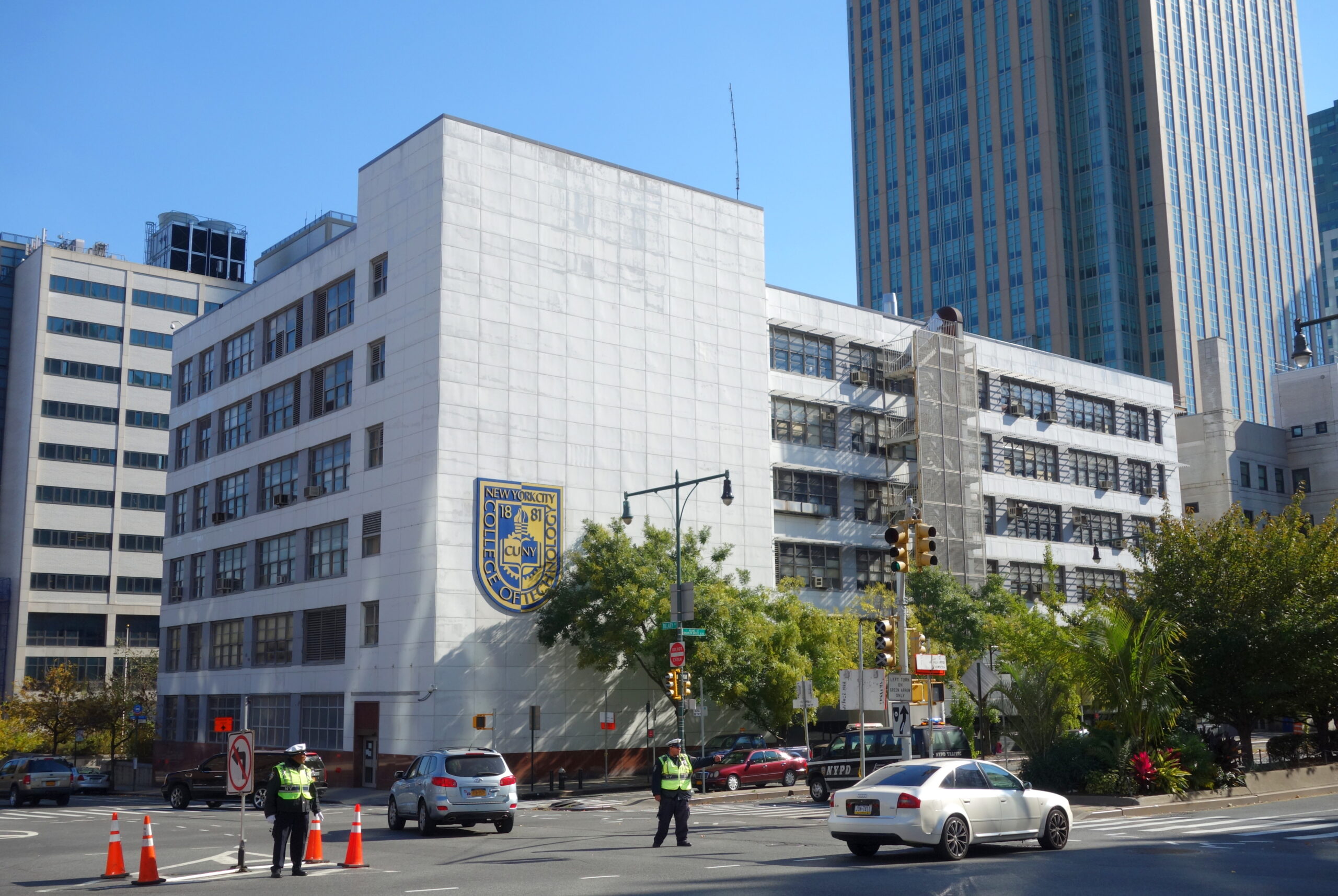Six City University of New York (CUNY) Professors who opted out of the Professional Staff Congress (PSC) because of the union’s “antisemitic, anti-Jewish and anti-Israel” pronouncements are prepared to take their case to the Supreme Court if the Second Circuit Court of Appeals turns down its constitutional challenge.
That vow was made by attorney Nathan McGrath of the Fairness Center, which is representing the six pro bono, in an email following the Nov. 20 hearing by the three-judge panel. The court was being asked to reverse a ruling in the case, Goldstein et al v. PSC, which was heard last year in U.S. District Court for the Southern Region of New York by Judge Paul A. Engelmayer, who cited precedent from a 1984 U.S. Supreme Court decision—Minnesota State Board for Community Colleges v. Knight—which held that an exclusive-representative bargaining system does not compel association in violation of the First Amendment.
However, McGrath has said he believes the case is unique because it is based on the union’s antisemitism and the professors’ feeling that the union “hates them.”
The six are: Avraham Goldstein, Michael Goldstein, Frimette Kass-Shraibman, Mitchell Langbert, Jeffrey Lax and Maria Pagano, five of whom are observant Jews and Zionists.
A ruling in the professors’ favor on two First Amendment issues—their right to free speech and associational rights—would overturn provisions of New York’s Public Employees’ Fair Employment Act, known as the Taylor Law. The law separates public employees into distinct bargaining units that share “a community of interest,” in this case the PSC.
In its comments and questioning, which were heard via audio link with the court, the judges seemed skeptical whether they could rule against established Supreme Court precedent.
“The oral argument went as we expected, with the judges probing whether they are bound by Supreme Court precedent and grappling with the day-to-day implications of the New York law that compels our clients, who are not union members, to speak through and accept the representation of a union they disagree with,” said McGrath in in an email statement to The Jewish Link. He added he expected a ruling from the court to be announced in early 2024.
The professors claimed in court papers the PSC’s political advocacy “harms the Jewish plaintiffs and singles them out for opprobrium, hatred and harassment based on their religious, ethnic, and/or moral beliefs and identity.”
“Current events make it more important by the day for my clients to be able to separate from the union,” said McGrath during the Nov. 20 hearing. “The union has taken positions on political and collective bargaining issues they disagree with, including, among other things identifying Israel as an ‘apartheid state.’ ”
The PSC’s support of the Boycott Divestment Sanctions campaign (BDS) against Israel, has prompted the resignation of a number of professors from the union and has been condemned by staff, students, politicians and Jewish organizations as antisemitic. As a result, the professors believe the PSC should be viewed as a “hostile political” organization.
In particular court papers cite a June 2021 “Resolution in Support of the Palestinian People.” As required by the resolution, “chapter-level meetings” were held, which the professors stated have fomented anti-Jewish and anti-Israel sentiment among other members of the union.
Cleland B. Welton, an attorney for the state of New York representing CUNY, noted in his remarks that subsequent cases since the Knight ruling have upheld it.
Moreover, he said there was no violation of a 2018 Supreme Court ruling, Janus v. AFSCME, which held that unions covering public sector workers such as teachers, firefighters and police, could not charge nonmembers for their services because doing so violated those nonmembers’ First Amendment rights “by compelling them to subsidize private speech on matters of substantial public concern.”
“It was that mandatory fee that created the First Amendment problem in Janus,” said Welton, but because the union dues had been returned to the six professors no underlying First Amendment violation existed. “The Taylor Law does not restrict their right to speak on any topic.”
Scott Kronland, who represented CUNY and the union, said any “reasonable outsider would understand as in any democratic system not all CUNY professors agree with each other or with the views of the majority about anything. Hence the union is not speaking for induvial members in the sense that it matters for purposes of the First Amendment.”
Debra Rubin has had a long career in journalism writing for secular weekly and daily newspapers and Jewish publications. She most recently served as Middlesex/Monmouth bureau chief for the New Jersey Jewish News. She also worked with the media at several nonprofits, including serving as assistant public relations director of HIAS and assistant director of media relations at Yeshiva University.













